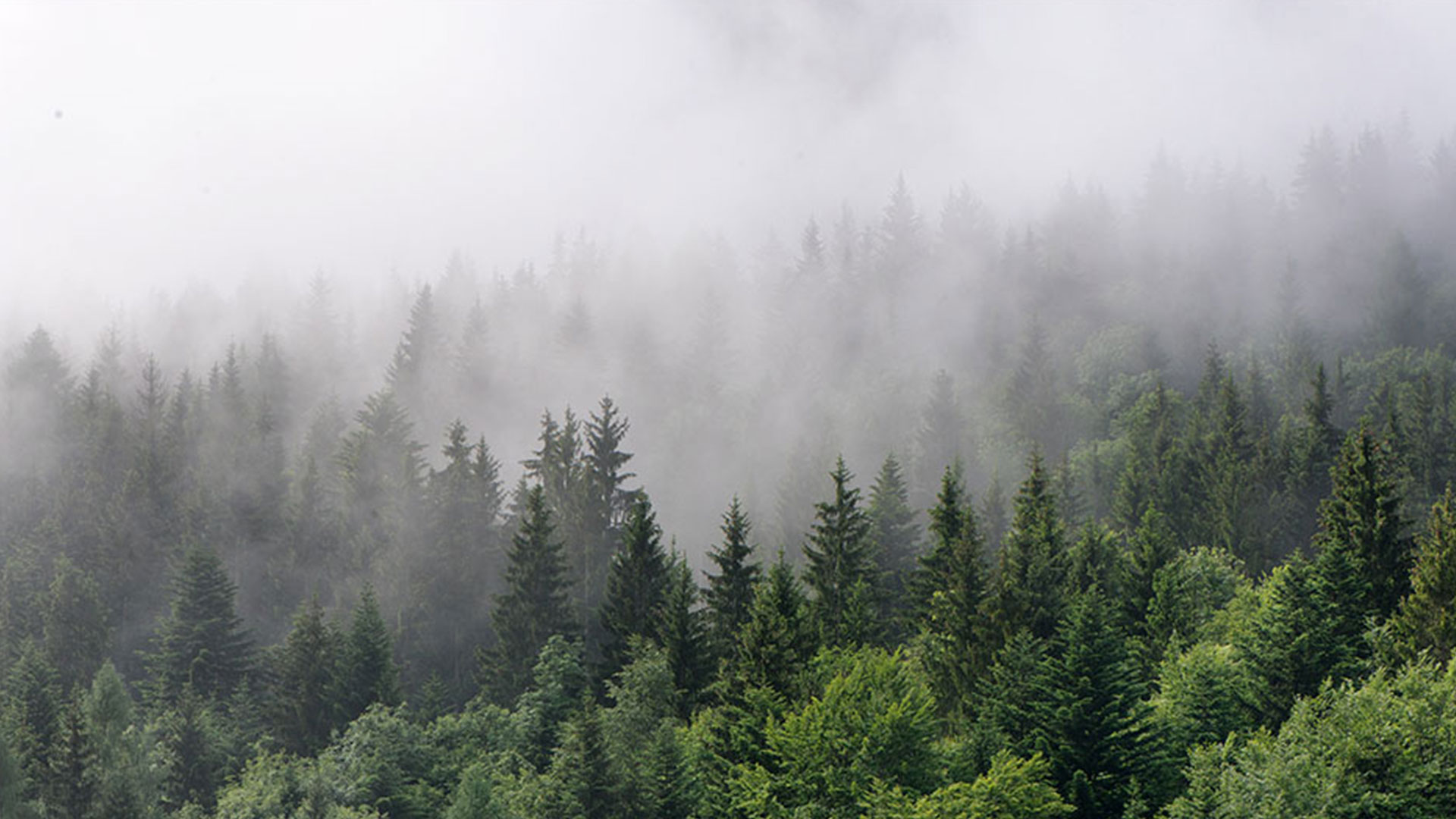
Discover Tokyo
In her third seat, Charlotte Hornby spent six months in our Tokyo office. A more compact team, they specialise particularly in the banking, energy and transport sectors – and Charlotte joined them to find out more.
When I arrived in Tokyo, I wanted to live like a local from the start. Despite having two 23kg suitcases, a carry-on, a handbag, a bag of lunch, and my travel pillow in my hands, I was going to take public transport. But with all the stairs in the metro system, that turned out to be a mistake.
When I eventually got out half an hour later, everyone was keen to help me. People carried my bags up the stairs. Pedestrians gave me directions. A passing driver even stopped his car, got out, and offered to give me a hand. He escorted me to my new apartment, bowed and presented his business card. I felt safe and welcome.
I learned later from my new team that business cards, or name cards, would be a big part of my life here for the next six months. My first client meeting was on my second day in the office and the team made sure I was forewarned to take my own cards with me.
That’s because when you meet a new client or colleague for the first time, you bow and swap name cards, one at a time. Then, as a mark of respect, you keep those cards on the table throughout your meeting.
With my colleagues’ advice, I became more sensitive to Japanese working culture as time went on. I worked in the banking and finance team so clients there tended to be mostly Japanese financial institutions.
We specialised in cross-border shipping finance, so I worked with teams in the US, Singapore and Hong Kong. What I tended to find was that unlike London -where I was doing a lot of work in roughly similar time zones in Europe and Africa - the time differences here meant that different teams on our projects were waking up and starting their days at all sorts of times. It took a lot of careful project management.
My typical working day started a little later than in London. Transport links from my apartment were good, but it was only a half-hour walk so I preferred to take advantage of the sunshine. Sometimes I went to Tsukiji fish market on the way: there’s nothing better than a sushi breakfast, especially with arguably the best tuna in the world.
Everyone usually reached the office at about 9:45. I’d review some transaction documents and maybe draft a memo in response to a client’s questions. At lunchtime I’d pick up a bento box or a bowl of ramen with my colleagues.
It wasn’t unusual in the afternoon to meet clients, even if it was only to nurture a relationship, by trading views of trends in their key markets and seeing what more the firm could offer them. I also corresponded with a syndicate of lenders and sponsors to a project, preparing for financial close, drawdown or delivery of an asset.
If I hadn’t managed to escape the office at lunchtime, I liked to take a run around the Imperial Palace in the early evening. The palace itself is closed to visitors, but there’s a 5km route well-trodden by those working in Tokyo’s central business district.
At 8pm, it was often time for a Nomikai, which translates as ‘drinking party’. Common among our Japanese clients, these dinners are a great opportunity to network with our clients or celebrate a recent deal closing.
Outside the office, I spent most of my spare time exploring. Hiking trails. Local pastimes like bathing at onsen and sentō (public bath houses). I even went skiing: one of the associates lent me her ski gear so that I could go on a weekend trip with trainees from the other international firms. From Tokyo, you’re only an hour and a half from the first of many ski resorts.
I think you’d be hard-pressed to find someone who didn’t like Japan. There’s something for everyone here. One weekend, I went to Okinawa for a bit of island-hopping, diving and a taste of their local seafood. You can travel outside of Japan too – I know a lot of seconded trainees who also visited other nearby countries. But I wanted to see as much of Japan as I could.
That said, six months is a long time. It wasn’t always easy, particularly with the time difference from the UK. You can have some of home there with you: I stayed in touch with my previous supervisors, with HR, and was in regular contact with the secondees in Singapore and Hong Kong. I also had my parents, my partner and my friends come out to see me. If you make the most of the time you have, it goes so quickly - and you’ll grow so much from the experience.
“People carried my bags up the stairs. Pedestrians gave me directions. A passing driver even stopped his car, got out and offered to give me a hand.”
“There’s something for everyone here. One weekend, I went to Okinawa for a bit of island-hopping, diving and a taste of their local seafood.”
“If you make the most of the time you have, it goes so quickly – and you’ll grow so much from the experience.”
Discover Sydney with Ria
